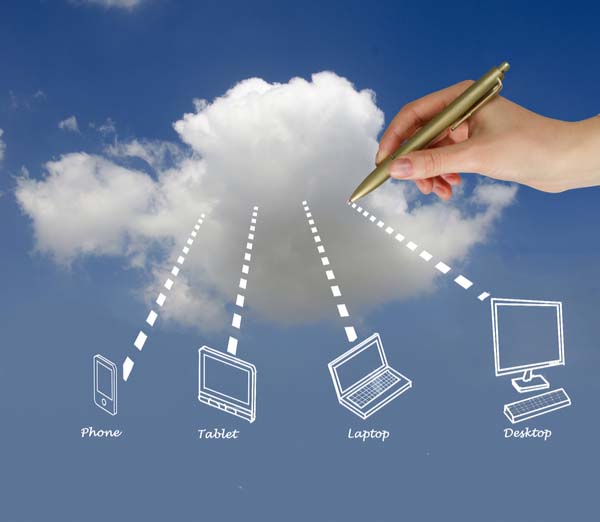What is Remote Desktop Modern Infrastructure (RDmi)?
What Is RDmi?
Remote Desktop Modern Infrastructure (RDmi) is the evolution in Remote Desktop Services (RDS). It is offered as a .NET service running in Microsoft Azure. The infrastructures roles—such as Remote Desktop Session Host (RDSH), virtual desktop infrastructure (VDI), and...
RemoteFX is a set of technologies that enhance the visual experience of Remote Desktop Protocol (RDP), thus allowing users to experience rich media support, highly synchronized audio and graphics, making it feel...
With the technology world turning toward the cloud, containerization and virtualization, Microsoft Remote Desktop Services (RDS) have become a key component of business networks. Owing to its popularity and its inclusion in the Windows Server...
Citrix Costs- The main reasons why installing and running an application and virtual desktop delivery solution with Parallels Remote Application Server is much cheaper than with Citrix Virtual Apps (formerly Citrix XenApp) are:
Parallels Remote...
Public Cloud Security Issues
Public Cloud Security. The obvious benefits offered by cloud computing technology have not only made it inevitable but also irresistible for businesses to embrace this...
What is an RD Session Host Desktop?
A role in Remote Desktop Services (RDS) is Remote Desktop Session Host (RDSH). RDSH supports remotely shareable Windows desktops and session-based apps. A web client...
Remote Desktop Services | Any Windows Application on Any Device
Parallels® Remote Application Server (RAS) supports Windows Server 2008 onward, allowing administrators to deliver any Windows application...
How to white label Parallels Client
Why White Label Parallels Client?
When using Parallels® Remote Application Server (RAS), connecting to remote resources through the Parallels HTML5 Client or Parallels Client for Windows is a convenient solution for many organizations that offer their services to end users.
In many...





